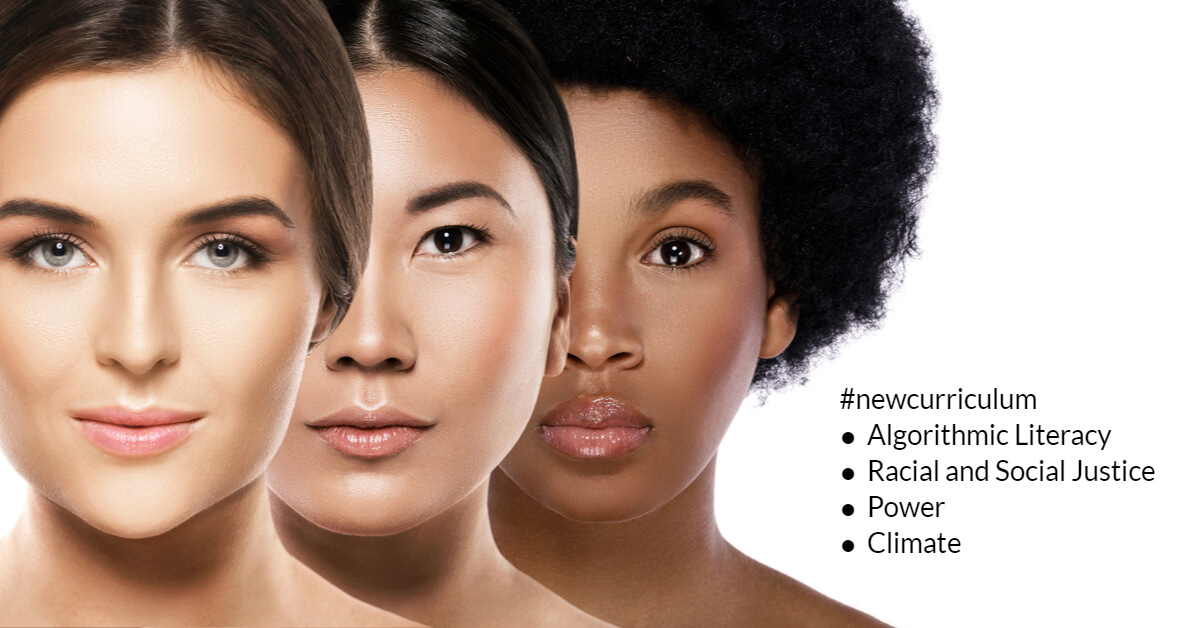Let’s start here: Curriculum is just a guess.
And to paraphrase the late, great Seymour Papert, now that we have access to just about everything there is to know, what one-billionth of one percent are we going to choose to teach in school?
If we’re honest, we’ll admit that most of what’s in our program of study is there because it’s always been there. Shakespeare, the Roman Empire, calculus, geology…we don’t include those things because they have the most direct relevance to the lives our students are leading today. Hence the age-old student lament “Why are we learning this?”
And, if we’re making honesty a habit, we’ll also admit that our infatuation with parceling out all of these tidbits of knowledge into discrete curricular subjects also doesn’t map to the way we learn in our real lives. I mean, who do you know that moves from one topic to some drastically different other every 55 minutes?
The reality is the moment we’re in is seriously pushing against the what and why of curriculum in schools. I know, colleges require it, and parents expect it. But that doesn’t absolve of us the need (and duty) to interrogate just how well…


